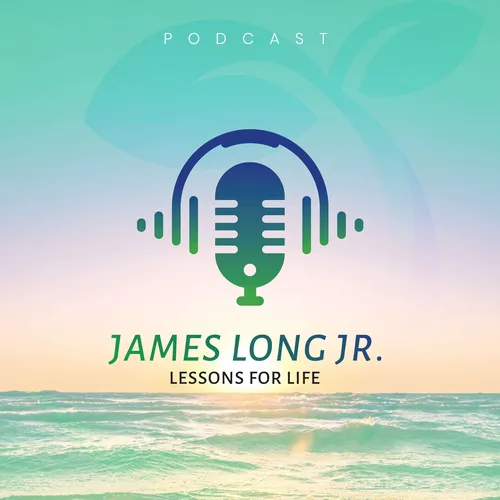L4L 4: 1 Corinthians 8:1-13: How Love Impacts Our Liberty
- Author
- James Long, Jr.
- Published
- Mon 13 May 2019
- Episode Link
- None
EXPOSITION (1 Corinthians 8:1-13)
- Challenge (1 Corinthians 8:1-3)
- The two issues under consideration are: Can a Christian participate in the pagan feasts? What to do with leftover animals from sacrifices at pagan temples?
- Paul says that there is a kind of knowledge that leads to pride. This seems to be a significant issue in the Corinthian church.
- Paul states that the foundational principle of Christianity is not knowledge but love.
- Consensus (1 Corinthians 8:4-6)
- Paul agrees with the Corinthian “strong” Christians on two issues: There is no real existence of an idol. There is no God but one.
- Paul says that there are “so-called gods.” Paul contrasts paganism and Christianity. Paganism says that there are many gods. Christianity says that there is one God. Paganism says that there are many lords or mediators. Christianity said that there is only one Lord and mediator.
- God, the Father, is the source of all things. And, we exist for Him. Jesus is the Lord. He is fully God and sovereign over all.
- Confirmation (1 Corinthians 8:7-8)
- We must recognize and affirm that not all Christians possess this level of knowledge.
- The strong saw nothing wrong with eating the food. The weak were profoundly affected, troubled, and disturbed. For the weak eating food sacrificed, triggers memories of their past life. For them, it seems that they are accepting idolatry and even endorsing idolatry.
- This troubled their conscience. The conscience means “with knowledge.” It is a God-implanted sense of right and wrong that all humans have been given. When a person does wrong, they will feel guilty. It is the soul’s warning system.
- Because of sin, our conscience is not infallible. Sometimes we can feel guilty when there is no sin involved. The truth found in the Word of God helps to teach the conscience. It teaches us of our freedom in Christ.
- To resist the conscience is not wise. When we turn against our conscience, we become desensitized and dull. It is essential to follow our conscience unless what it tells us to do is sinful. We sin when we go against our conscience.
- Caution (1 Corinthians 8:9-10)
- The strong are warned not to use their knowled
ABOUT JAMES and LESSONS FOR LIFE
Are you seeking hope, wisdom, and practical solutions to life’s challenges? Dr. James Long, Jr., pastor, counselor, and professor with over 30 years of experience, helps people discover God’s solutions to emotional, relational, and spiritual challenges. Each episode of Lessons for Life points you to the peace and freedom found in Jesus Christ.
Resources and Next Steps
- Join the free Navigator Level of the Lessons for Life Community: https://jameslongjr.org/community
- Explore full membership and coaching options: https://jameslongjr.org/signupnow
Listen and Subscribe: Find Lessons for Life with James Long, Jr., wherever you listen to podcasts
Connect
- Instagram: https://jameslongjr.org/instagram
- Facebook: https://jameslongjr.org/facebook
- YouTube: https://jameslongjr.org/youtube
